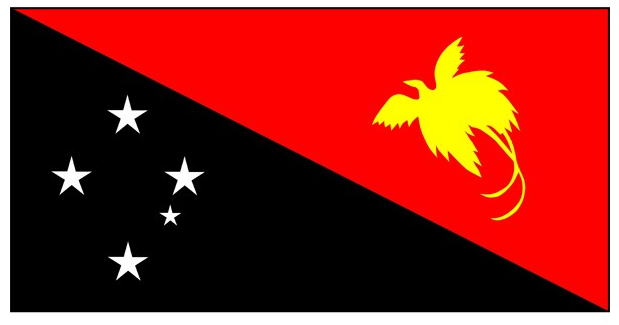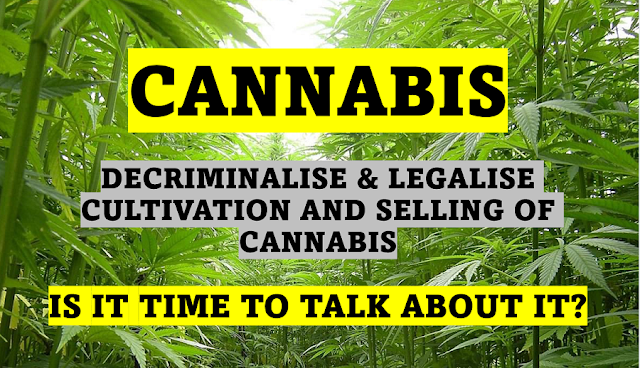In the context of South African schools, matric rewrite refers to the process of allowing a student who has failed their matric (the South African equivalent of the high school diploma) to retake the exams to obtain the diploma.
A matric upgrade, on the other hand, refers to the process of allowing a student who has passed their matric but not obtained the required grades to improve their results by taking additional subjects or retaking certain exams.
So in short, a Matric rewrite is a chance for students to re-write their matric examinations if they fail the first time. Matric upgrade is an opportunity for students who passed their matric but not with the required grades to improve their results by taking additional subjects or rewriting certain exams.
A new article is available here for the ''2024 Matric Results Release Dates'' and ''How to Check the Results via SMS/Online'', click here to find out.
What is the pass rate for matric with bachelor 2023- 2024? Find out here
Closing date for rewrite 2024
The closing date for matric rewrite in 2024 in South Africa is not yet announced. It would be best to check with the Department of Basic Education (or the specific school or education centre where you plan to take the matric rewrite) for the most up-to-date information on the application and registration process, as well as the closing date for submissions.
It's also worth noting that the closing date for matric rewrite registration may vary depending on the specific region or education system. So it's important to check with the relevant authorities for the most accurate information.
Disadvantages of matric rewrite
Time and cost: Matric rewrite can be time-consuming and costly. Students need to spend extra time preparing for the exams, which can delay their progress in further education or career. Additionally, students may have to pay additional fees for the exams and any related costs.
Emotional and psychological toll: The process of rewriting matric can be emotionally and psychologically taxing for students. Failing matric exams can be a significant setback and can cause feelings of disappointment, frustration, and anxiety. Additionally, the pressure to pass the exams on the second attempt can be stressful and can take a toll on a student's mental health.
Repeat a full year of schooling: It's also worth noting that, in some cases, students may have to repeat a full year of schooling in order to rewrite their matric exams, which can be a significant setback and can delay their progress in further education or career.
Where can I write my matric for free
What happens when you upgrade your matric results and fail?
How to check matric rewrite results online
- Go to the DBE website at https://www.education.gov.za/
- Click on the "Examination Results" link on the homepage
- Select "National Senior Certificate (NSC) examination results"
- Select the "Rewrite" option from the drop-down menu
- Enter your examination number and click on the "Search" button
- Go to the IEB website at http://www.ieb.co.za
- Click on the "Examination Results" link
- Select "Matric Results"
- Enter your examination number and click on the "Search" button





